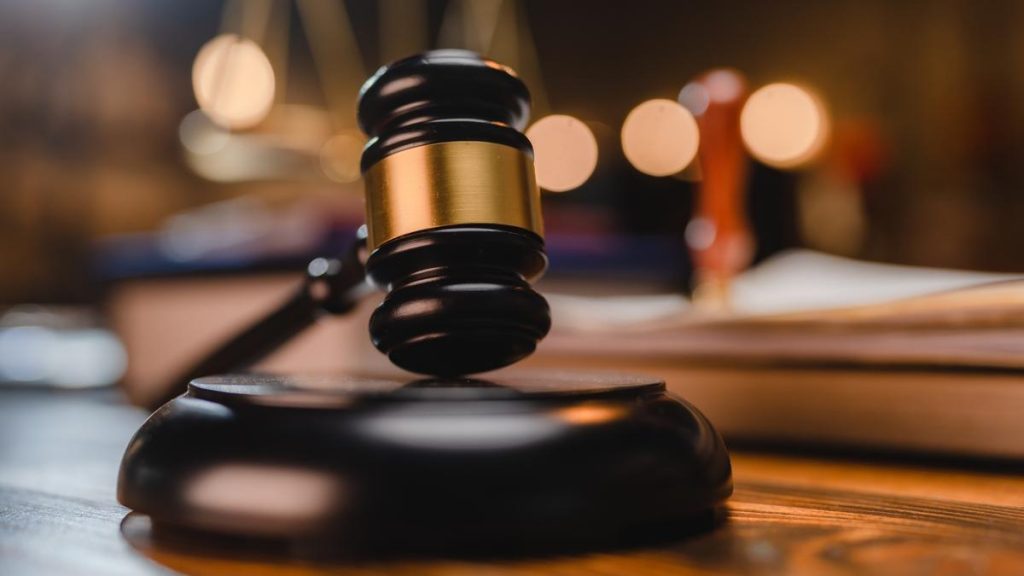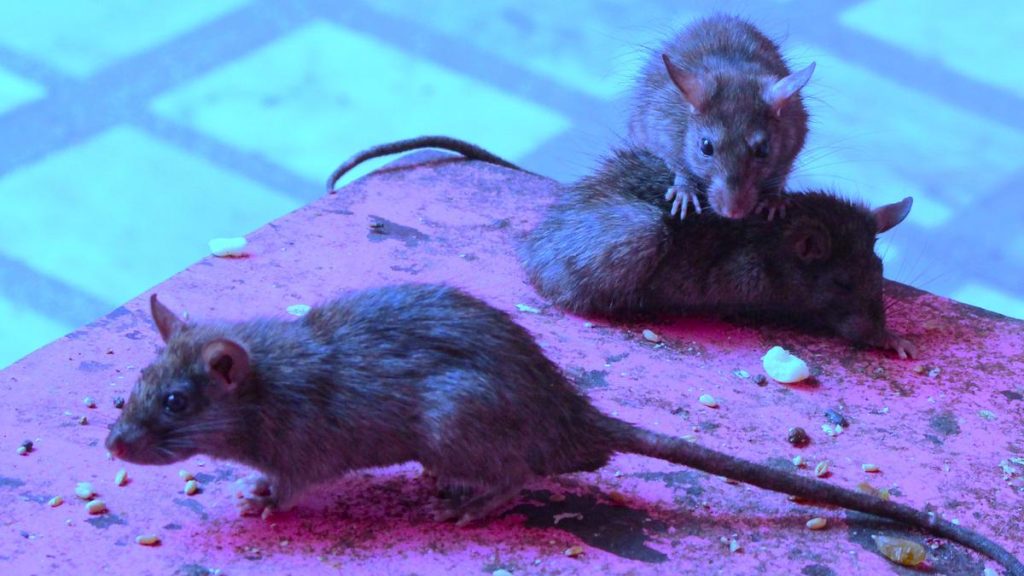Now Reading: Karnataka Issues Notices to 351 Students Over Unclaimed Govt Quota Engineering Seats
-
01
Karnataka Issues Notices to 351 Students Over Unclaimed Govt Quota Engineering Seats
Karnataka Issues Notices to 351 Students Over Unclaimed Govt Quota Engineering Seats
Fast Summary:
- The Karnataka Examinations Authority (KEA) has instructed Visvesvaraya Technological University (VTU) and the Karnataka State Higher Education Council (KSHEC) to deny admissions and University Seat Numbers (USN) to 351 students who failed to enrol in colleges after being allotted government quota seats in the third round of CET-2025 counselling.
- KEA issued show cause notices asking these students why legal action should not be initiated under Karnataka Selection of Candidates for Admission rules 2006.
- these students were informed during the counselling process that opting for a seat in the final round required mandatory admission, and their failure to do so resulted in those seats being converted into management quota slots.
- KEA stated that such actions deprived other eligible candidates of opportunities, as unclaimed seats were transferred back to college managements under higher fee categories like COMED-K or management quotas.
- KEA stressed that directions should be given to private universities against approving admissions for these violators.
Indian Opinion Analysis:
The issue highlights a significant challenge within India’s education system regarding accountability and adherence to government admission policies. By failing to join allotted colleges, these students disrupted a merit-based system intended to benefit deserving candidates waiting for government quota slots. While it is reasonable for authorities like KEA to enforce consequences through show cause notices or legal measures, this situation also raises questions about regulatory gaps that allow conversion of vacant government seats into management quotas-where fees are substantially higher-possibly undermining equity within higher education access.
On another front, if these violations stem from preferences toward alternate admissions under COMED-K or direct management quotas with perceived better prospects or institutional rankings, it reflects broader concerns around transparency and systemic trust within counselling frameworks. Stronger regulations may ensure fair practices going forward while balancing student autonomy with public interest obligations.
























